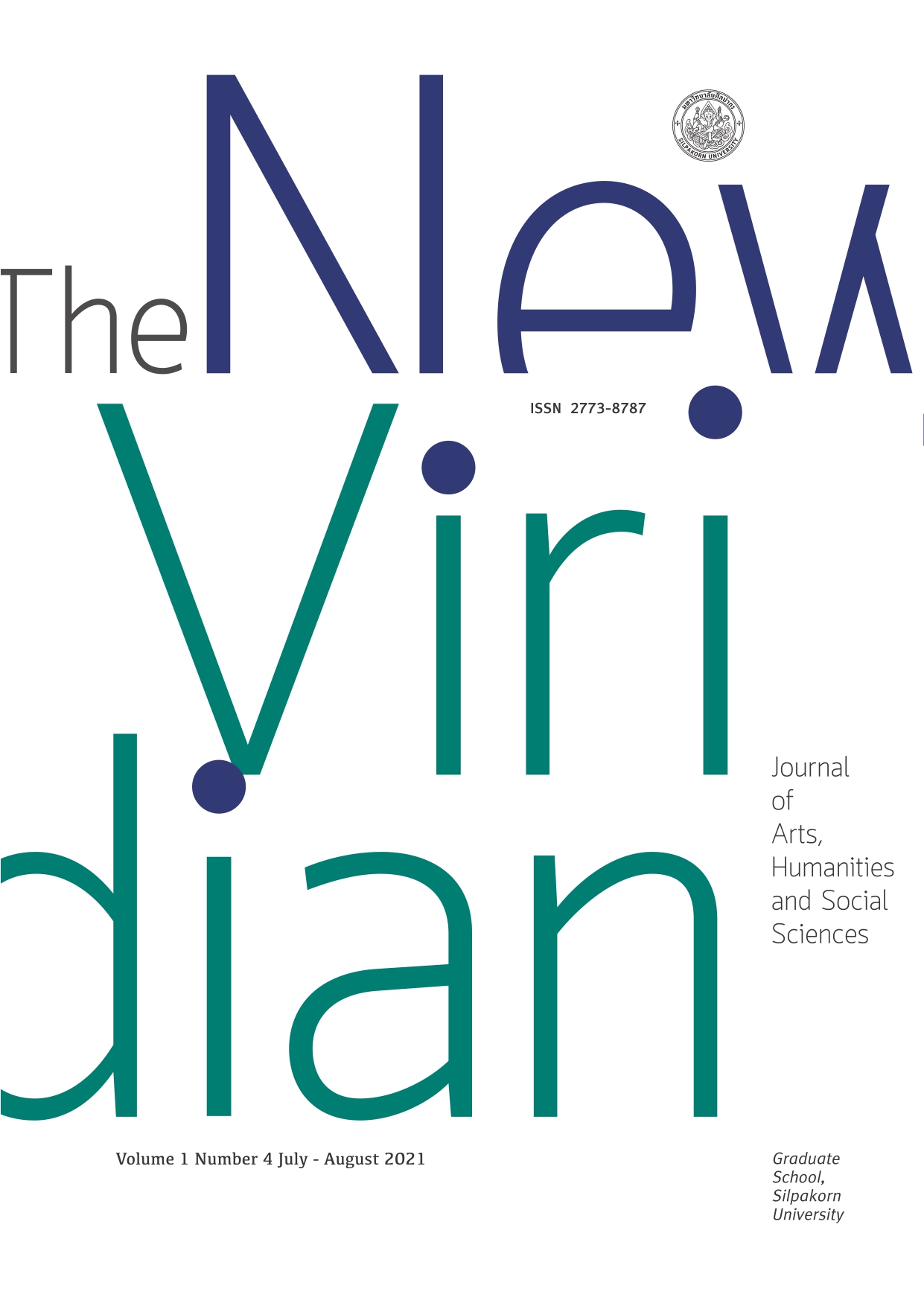รูปแบบกระบวนการเรียนรู้แบบมีส่วนร่วมเพื่อส่งเสริมการจัดการผลไม้อินทรีย์ (MODELS OF PARTICIPATORY LEARNING PROCESS TO ENHANCE ORGANIC FRUIT MANAGEMENT)
Keywords:
Models, Participatory learning process, Participatory, Organic fruit managementAbstract
The objectives of this research were 1) to study general status of the participatory learning model to promote organic fruit management, 2) to analyze participatory learning process factors to promote organic fruit management and 3) to propose the participatory learning model to promote organic fruit management. The number of population in the study was 56, persons responded to the questionnaire and 30 sample were purposively structured interview. Group discussion and sub-group meeting consisted of role model organic farmers, academics, representatives from organic farmer groups, supporting officers, and public sector officers. Data were collected both quantitatively and qualitatively. The research instruments were a questionnaire, interview form, a record of group discussion. Data were analyzed using frequency, mean, standard deviation, percentage and content analysis.
The study result can be concluded as follows:
1) The participatory learning model of farmers to promote organic fruit management was overall at a high level. Consideration of each aspect found the participatory learning in terms of planning, joining activities, receiving benefits, sharing knowledge, and evaluation were at a high level while perceived problems was at a moderate level, respectively.
2) The participatory learning process factors to promote organic fruit management were overall at a high level. Consideration of each aspect found the internal factor in terms of individuals was at the highest level and the external factor in terms of leader was at the highest level, followed by economy and society which were at a high level respectively while environment was at a moderate level.
3) The developed model was a model of participatory learning process of organic farmer grouping so that farmers group members can study, learn, and begin to follow the guidelines found within the group until they have the participatory learning process, making improvements until successful, and deciding to continue organic farming under the support of Sampran Model that enhances and supports the integration of farmers to earn more from organic fruit management. The research results showed that the participatory learning process model of farmers can be adjusted, applied, and integrated with other organic farming groups and will enable organic farmers to have a better quality of life and sustained well-being.


